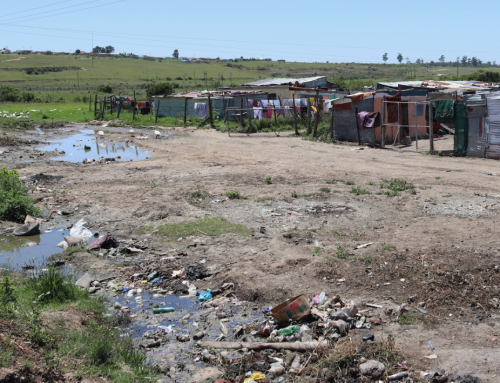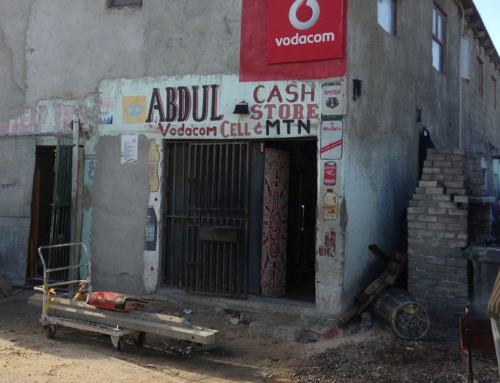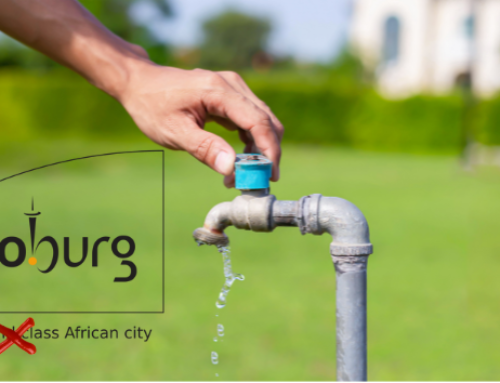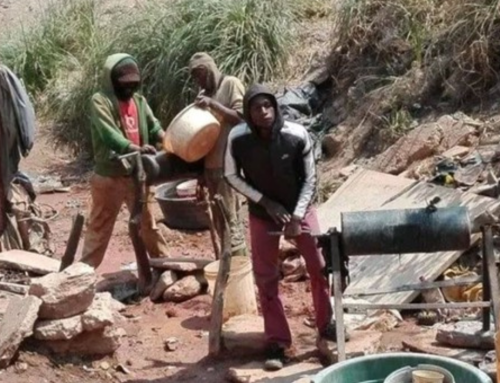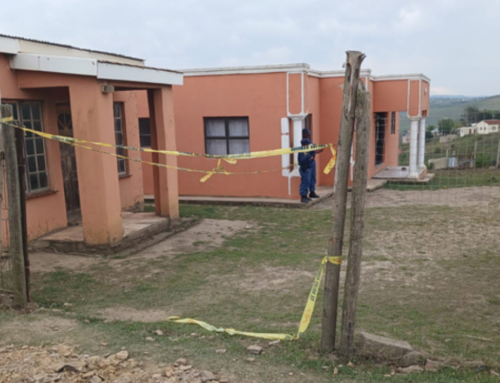 Statement by Nqabayomzi Kwankwa, UDM Deputy President and Chief Whip
Statement by Nqabayomzi Kwankwa, UDM Deputy President and Chief Whip
Worker’s Day carries a profound historical significance, rooted in the struggle of the working class against exploitative labour practices. Prior to the era of democracy, South African workers endured exploitation, discrimination, and the denial of basic rights. This day serves as a testament to the hard-fought victories and ongoing endeavours to ensure dignified working conditions for all citizens. Its significance is particularly poignant in South Africa, given the persistent economic disparities, high unemployment rates, and labour-related challenges that continue to affect the populace.
Yet, as we commemorate Worker’s Day, do we have anything to celebrate?
We may have robust labour legislation in place to protect the rights of the employed, and rightly so given historical exploitation. However, it is imperative to address the dire situation of unemployment and ongoing job losses in South Africa, as we see with the postal and the mining industries as their services are becoming obsolete and layoffs are happening as we speak.
With the high unemployment rate and the impending layoffs, our government has failed to even develop an Employment Framework Policy. There are institutions like Productivity South Africa who can still play a role before such layoffs take place. There are no plans to even reintegrate those workers back into the employment market. Today, it’s too easy to merely dismiss workers for operational reasons and any reason to justify “operational needs” is accepted. Space also needs to be created for the unemployed to be able to return to the active market, instead of being marginalised.
If you don’t have sustainable jobs, without the exploitation of workers, and a sustainable plan for job creation and employment security, then there will be nothing to celebrate.
Under the African National Congress government, South Africa’s economic growth has stagnated at less than 1% per annum, exacerbating the unemployment crisis. StatsSA reports a staggering real unemployment rate of 41.2%, with youth unemployment soaring to approximately 70%. Moreover, South Africa’s debt to GDP ratio is at 73.6%, totalling R5.84 trillion, with a budget deficit of about 5%. However, it is the rampant corruption, governance failures, economic policy uncertainty, and sheer incompetence of the governing party that have inflicted the most damage on the South African economy. This constitutes a betrayal by the ANC of its promise to build a better life for all.
Instead of solely relying on increasing grants for the unemployed (while acknowledging their importance), we must focus on expanding the economic opportunities available to all i.e. baking a bigger “economic pie” and stop slicing the existing one in smaller and smaller pieces so everyone can share. This model is not sustainable.
It cannot be that 5% of the 61 million has to provide jobs for 80% of the population! We need to empower our people, especially the youth, to become entrepreneurs and wealth creators. By fostering an environment where individuals can establish themselves as job providers, we can create a more equitable and sustainable economy.
The UDM’s response to the challenge of unemployment includes:
• Identifying markets for small firms through promoting domestic and foreign connections to adequately address both the supply and demand side of the economy.
• Developing capacity in the areas of improved business and entrepreneurial skills.
• Identifying loan and capital sources, as well as facilitating loans and investments in community businesses.
• Investing in sector-based planning and implementation, including the creation of sector-specific banks to provide financial assistance to historically disadvantaged groups and individuals.
• Promoting the efficient and effective use of public resources to serve the dual goal of small business development and skills creation in the productive labour force.
• Devoting more resources to promote “buying South African” as a tool to stimulate local wealth generation and job creation.
• Launching a massive enterprise focussing on job creation through infrastructure maintenance and development. This planned sustainable development initiative shall be government driven through the Department of Public Works in coordination with all government departments.
• In the labour market, protecting South Africans, in policy and law, from unfair competition from illegal and undocumented immigrants and deal with the exploitation of illegal immigrants in the private sector. We will handle illegal immigration in a compassionate and holistic manner in line with our continental and international obligations.




